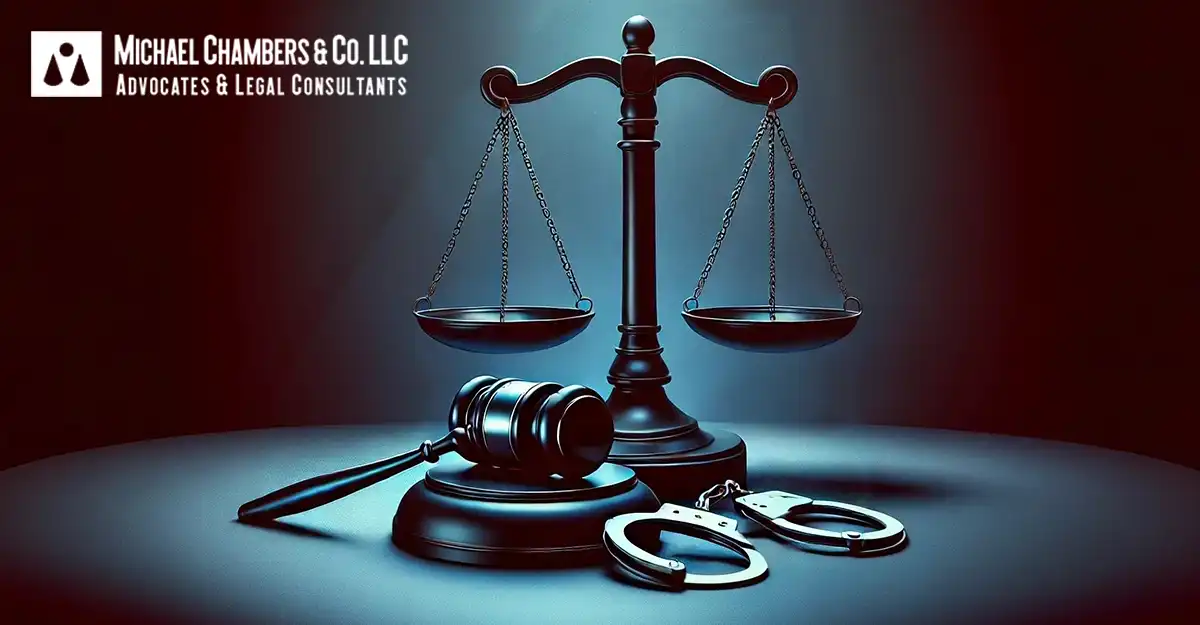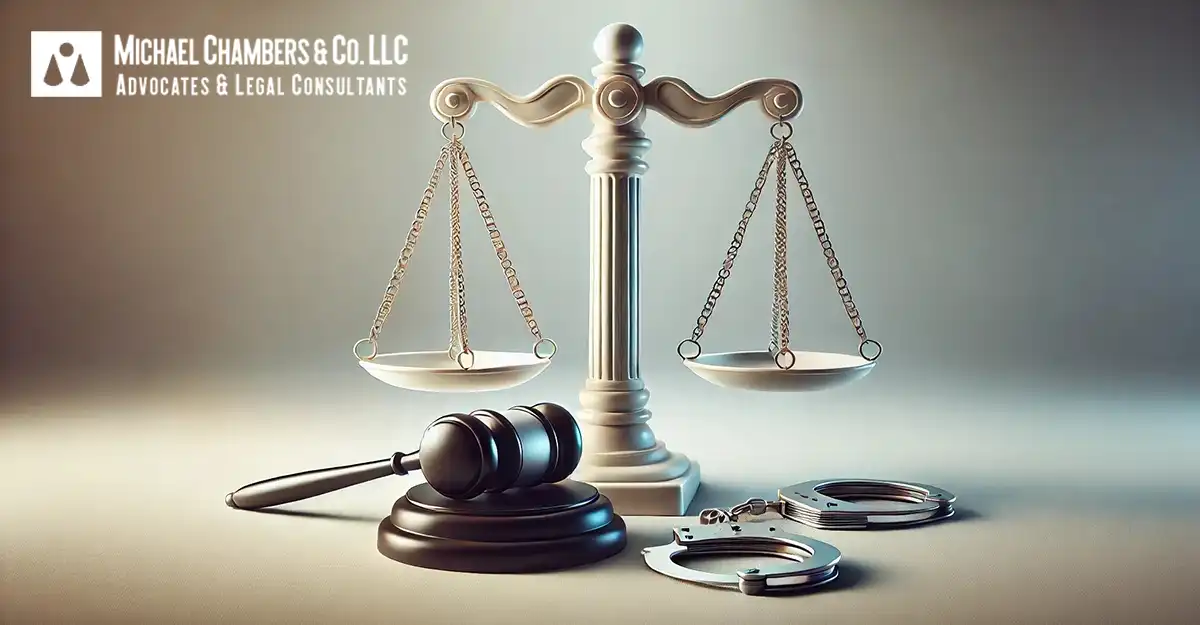The term “agent” or “agency” must be used with particular caution in Cyprus as the law attaches a special significance to an agency relationship. In some cases the term “agency” will be used in commerce where in fact, legally speaking, there is no such relationship and similarly, in some cases where common commercial jargon refers to something other than agency, in fact (legally speaking) an agency relationship can be said to exist.
THE LAWS
In Cyprus agency is governed by a number of laws:
- The Contracts Law, Cap 149, Part XIII s 142 – 198
- Commercial Agents Law 76 of 1986
- Regulation of Relations Between Commercial Agents and Principals Law 51 (1) of 1992
- Commercial Agents (Amendment) Law 21 (1) of 1994
THE DEFINITIONS
An “agent” is a person employed to do an act for another or to represent another in dealings with third persons. A “principal” is the person for whom such an act is done. A “commercial agent” is a person who by his capacity as an independent intermediary has the permanent authority to negotiate on behalf of another person the sale of purchase of goods or to negotiate and conclude such actions in the name of the principal. This term can include distributors.
WHO MAY ACT AS AGENT
Any person may employ an agent and any person may be a common agent, provided that he is competent to contract on behalf of the principal. However, special restrictions are placed upon commercial agents who must not have been convicted of any offence in the past 10 years under certain legislation or of an offence concerning immorality or dishonesty, must have graduated high school and must never have been declared bankrupt.
AUTHORITY
The authority given to an agent by the principal may be express (ie given by words, spoken or written) or may be implied (ie inferred from the circumstances of the case) and is given to the extent necessary to undertake the act for which the agent is appointed.
Authority given my be general (in other words authority to act generally on behalf of the principal) or specific to a particular act.
Any act which is undertaken beyond the authority given to the agent may be ratified subsequently by the principal and this may be done expressly or impliedly by the actions of the principal.
DUTIES OF THE AGENT
The agent owes his principal certain specific obligations the most important of which are:
- To conduct business according to the directions of the principal or in the absence of direction according to custom;
- To act with the skill employed by persons employed in a similar business;
- To render proper accounts on demand;
- To communicate with the principal;
- Subject to certain specific deductions, to pay all sums received on the account of the principal to the principal.
A commercial agent is placed under specific duties to act according to the law and in good faith and in the nest interests of the principal. He must make every effort to negotiate the transactions entrusted to him, to conclude them and to keep the principal informed of such.
DUTIES OF THE PRINCIPAL
The principal also owes the agent certain specific obligations, the most important of which are:
- To indemnify the agent against all lawful acts done by the agent in the exercise of the authority which has been given to him, except for an act entailing criminal liability;
- To compensate the agent for any injury or harm he encounters as a result of the neglect or want of skill of the principal.
TERMINATING THE RELATIONSHIP
The agency relationship will terminate when:
- The principal revokes his authority;
- The agent renounces the business of the agency;
- The business of the agency is completed;
- The agent or principal die or become of unsound mind;
- The principal becomes bankrupt or insolvent.
The principal may also revoke the authority he has given to the agent at any time prior to that authority being exercised, provided that reasonable notice of such is given.
ALTERNATIVES TO AGENCY
The agency relationship by law is a very particular one and immediately conjures provisions which will automatically govern the relationship and direct it in a certain manner. Such provisions may provide a welcome structure to the relationship but sometimes they may not accord with the manner in which the parties wish their relationship to be structured. Under such circumstances, parties must be careful to ensure that their relationship is classified correctly and may wish to explore other marketing relationships available to them, for instance franchising or subsidiaries.Michael Chambers and Co. LLC can advise on the appropriate use of agency, its legal consequences and drafting of agency agreements. If you wish to speak to one of our commercial lawyers, please contact us.


